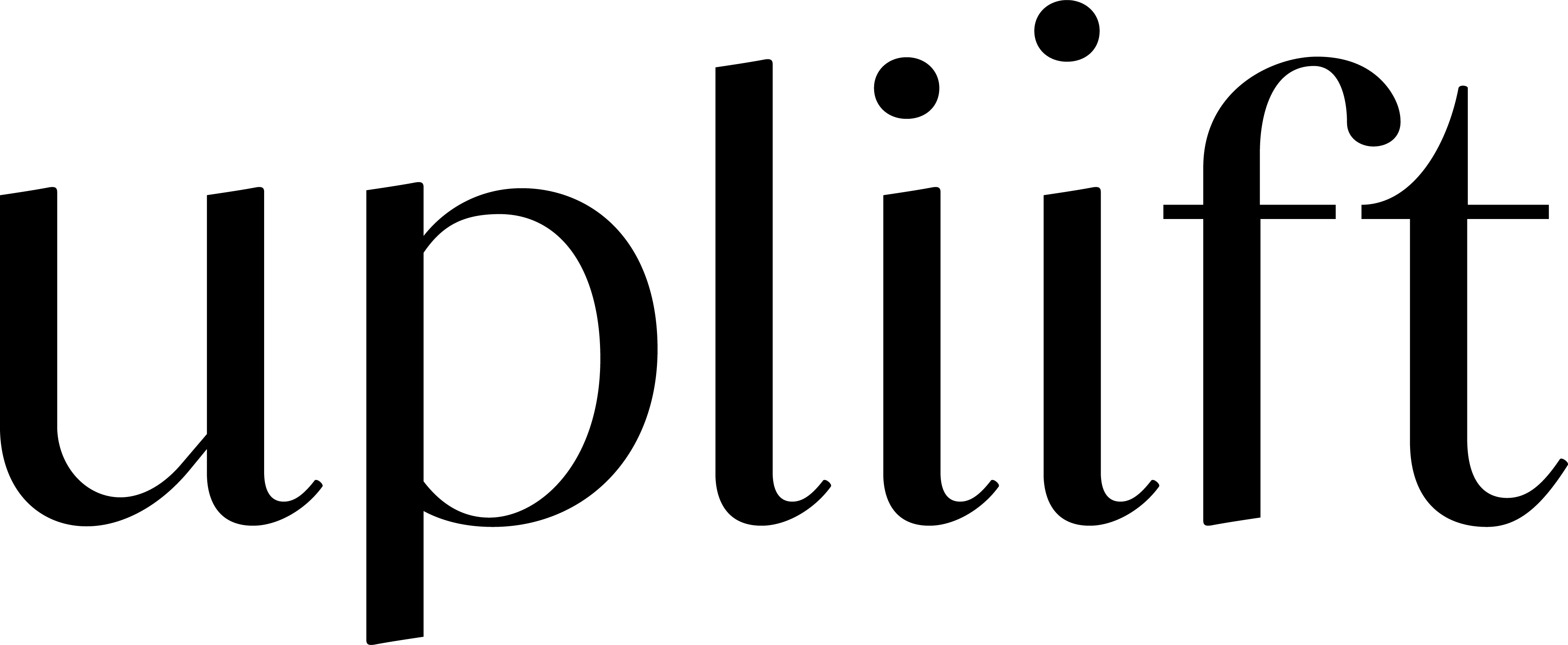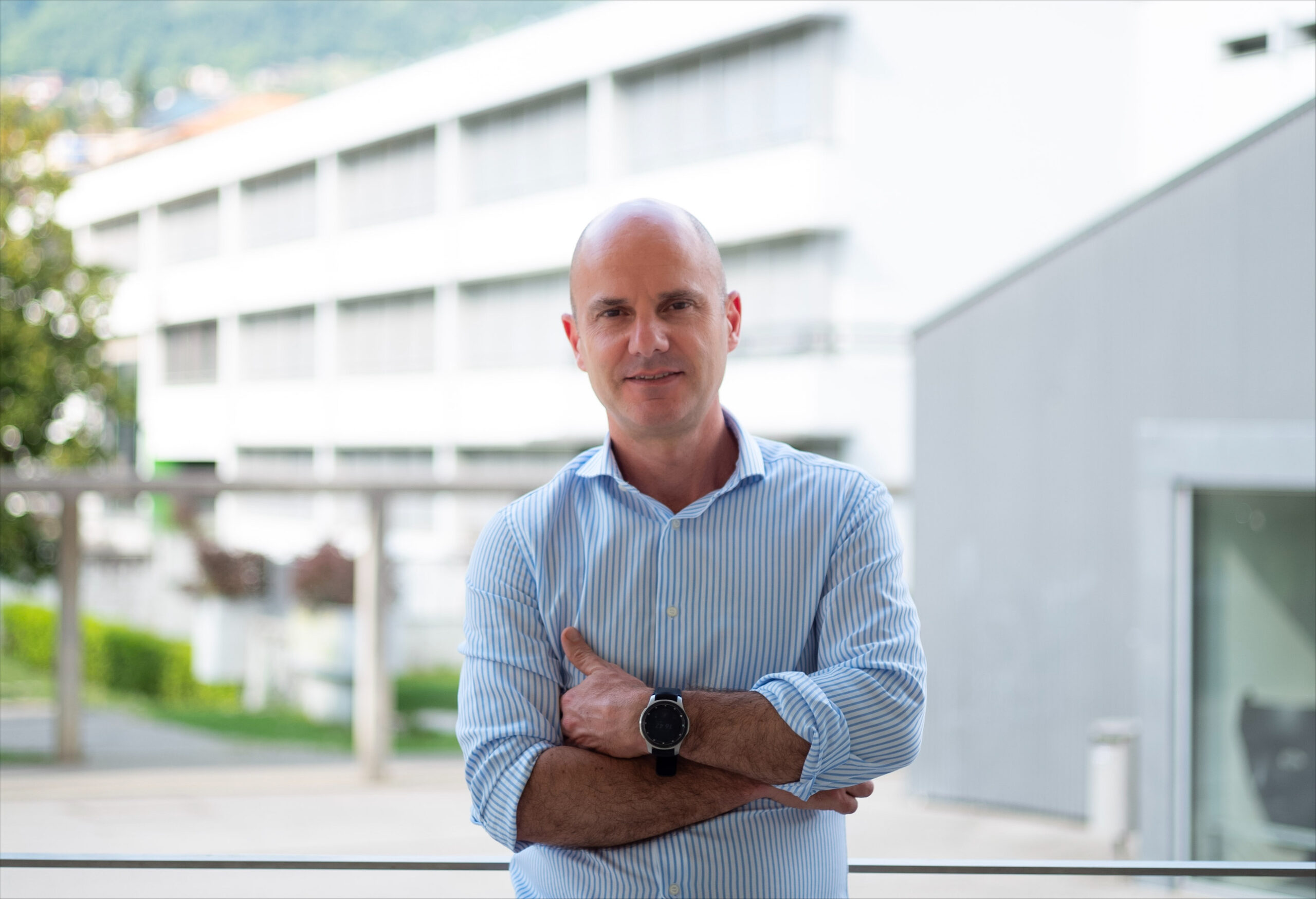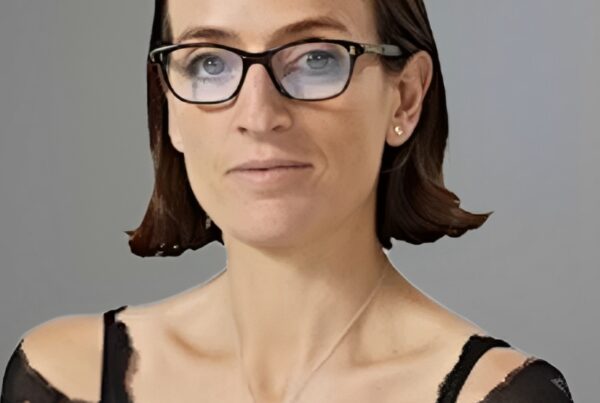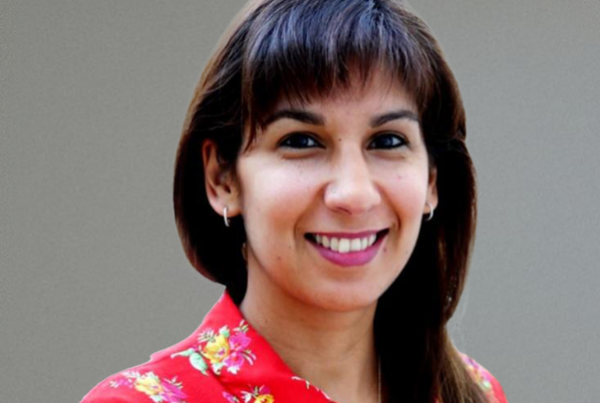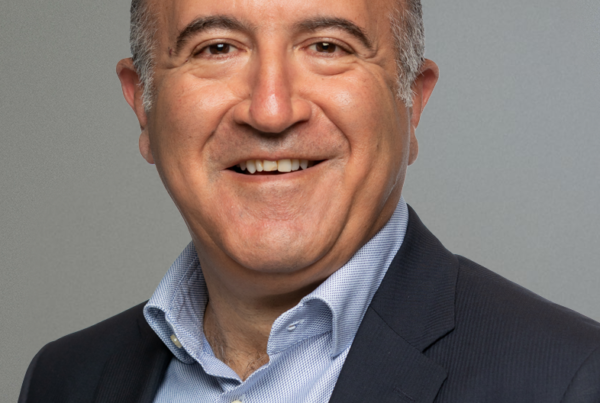Pietro Ferrari is the former CTO and co-founder of software company Board International, which he saw go from inception in 1994 to global leader, before joining the Advisory Board of Upliift in 2023. He tells us about his “entrepreneurial adventure” at Board and how Upliift’s permanent equity model is an attractive new offering for founders of European software companies looking for an alternative to private equity.
Can you tell us a little about Board’s growth journey?
As one of the co-founders of Board, I was with the company for more than 30 years. So, I can safely say I’ve had a fairly monogamous career! We funded the company ourselves, bootstrapping our own growth and becoming international fairly early on – we were in overseas markets by year two. We grew organically using our own resources in a way that will be familiar with other founders now partnering with or looking to partner with Upliift.
It was a long-term entrepreneurial adventure rather than the typical Silicon Valley journey where VC investors and Series B funders have an exit planned from the outset. Instead, for us, it was all about that spirit of adventure, like a family where you want to build something for the longer term. And, because we were self-funded, we tended to take a patient approach, perhaps being more cautious than others might be when it came to how much to spend or risk versus growth.
When did outside investors start becoming interested in Board?
When we’d gained some market share and the PE firms began reaching out to us, we kept pushing back. Then, in 2016, we found an investor we liked in Oliver Thomas, then at Grafton Capital and more recently Chairperson at Upliift. He was different because he had a genuine interest in the product and really wanted to understand what we were doing. He wasn’t intrusive or aggressively pushing us to change strategy, change operating model or anything.. He wanted to know how he could help us continue doing what we’d been doing that was so successful. This wasn’t typical of what we’d seen in the PE market where you quickly got to the point where the investors wanted us to follow strategies of market leaders, without realising that we might be different and what worked for another company wasn’t necessarily the right choice for us too. Oliver’s approach was refreshing for us.
What level of investment did this (and any subsequent) foray into external funding provide?
It was a minority share, which was right for us at that time. If we’d been looking to exit the company or were ready to move on for reasons such as age, health or because we wanted to do something different altogether, we might have looked at a different model, such as Upliift’s permanent equity (although I hadn’t come across that model at the time). After that first minority investment we had strong growth for a few years before we agreed on a second investor to take a majority share. So, we experienced two different types of investment, skipping the venture capital approach entirely and going direct to PE before selling the majority.
What was it like as a co-founder to let go – and why is Upliift different?
It’s difficult to let go of something you’ve built over many years. When you realise that now is the right time to take this step, you’ll naturally have mixed feelings. That’s certainly the case with a lot of PE investment where there is inevitably an exit strategy over a three-, five-, or seven-year horizon. But for those entrepreneurs I engage with at Upliift, there is a positive in knowing that what you’ve built is going to survive longer than your career with the company. By handing over to someone you respect and trust and who appreciates what you’ve done, rather than wanting to maximise Enterprise Value and exit when at its peak., you know there is a long-term vision for what you’ve built. That’s what Upliift’s permanent equity model offers.
What is permanent equity a great funding alternative for founders?
I didn’t realise there were such things as permanent funds before getting to know Upliift because we hadn’t gone down that route at Board. I think the positioning of permanent capital as an option is great. Why? Because there are so many companies that could benefit hugely from having an institutional investor in their cap table or from going for the full buyout but don’t want to use the typical private equity market. Perhaps PE/buyout options are not in their best interests or what the founder wants for the company in the long term. If your interest is in the perpetuity of the company, there’s an intangible value in your company or brand continuing because the permanent equity investor is in it for the long run.
What make’s Upliift’s advisory board so valuable to other founders?
I don’t believe the advisory group’s role is to teach anyone to do their job. It’s more to bring to the table a depth and breadth of experience. That’s because experience is one of the most valuable things in business. Hearing from others about what they’ve done, what they’ve tried, and what has or hasn’t worked, is invaluable. Of course, it’s never going to be a case that you’ll do things exactly the same as everyone else because your product strategy, or go-to-market strategy, or marketing will be different – and times change, so what was right two or three years ago, may not be applicable today. But you can take the experience of those who have ‘been there’ and ‘done that’ to make your own decisions without the fear of having to test multiple things that have already been tested for you.
So, the advisory board can be a sounding board for those entrepreneurs who might not have previously been in the position they’re currently in – a way to hear that yes, they’re doing things right and don’t necessarily need to change.
Who did you go to for guidance as a founder?
I didn’t have the comfort of an advisory group, such as Upliift’s, when I was a CTO and co-founder in the early days. However, when Oliver (and Grafton Capital) became our minority shareholder, I was introduced to other companies in their portfolio, which was highly valuable. While I don’t believe we dramatically changed anything as a result, it was reassuring to see that we were going in the right direction.
Listening to and sharing experiences with others gave us insight into different aspects of our strategy, such as when we wanted to open in a new market. When looking to expand and grow fast but without the necessary resources, the temptation was to develop partners for a channel strategy rather than to hire our own salespeople. But others had already gone down this path and, from them, we learned that the first thing we needed to do was build our own internal salesforce with good business development reps. Then, once we had the first five or ten references, we could pursue the partner channel route if we still wanted to. That’s a great example of using other people’s experience as a sounding board.


